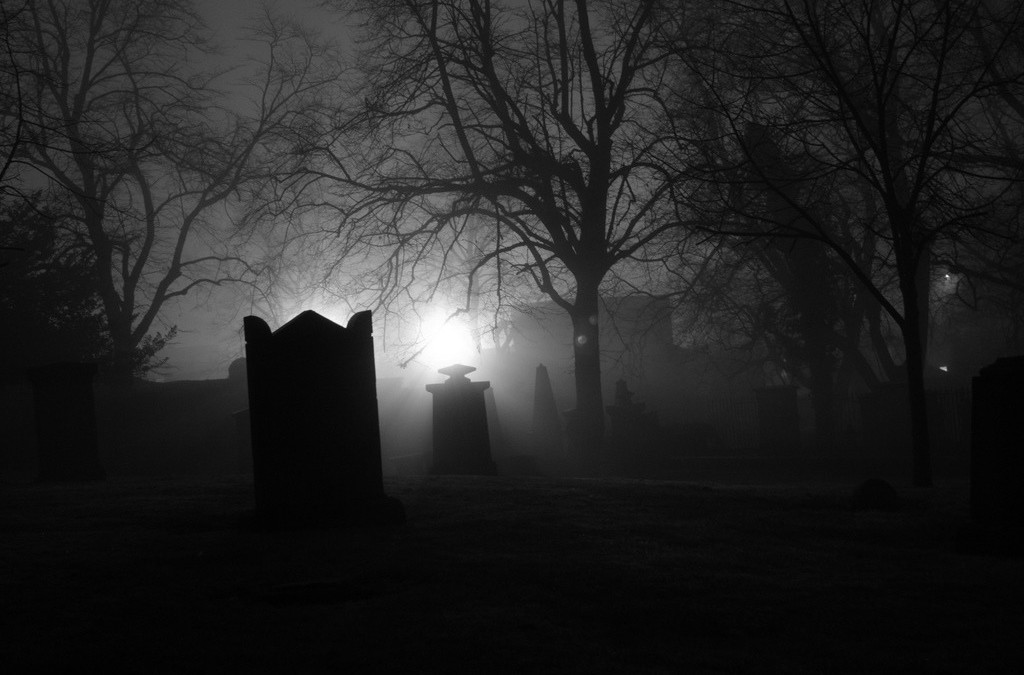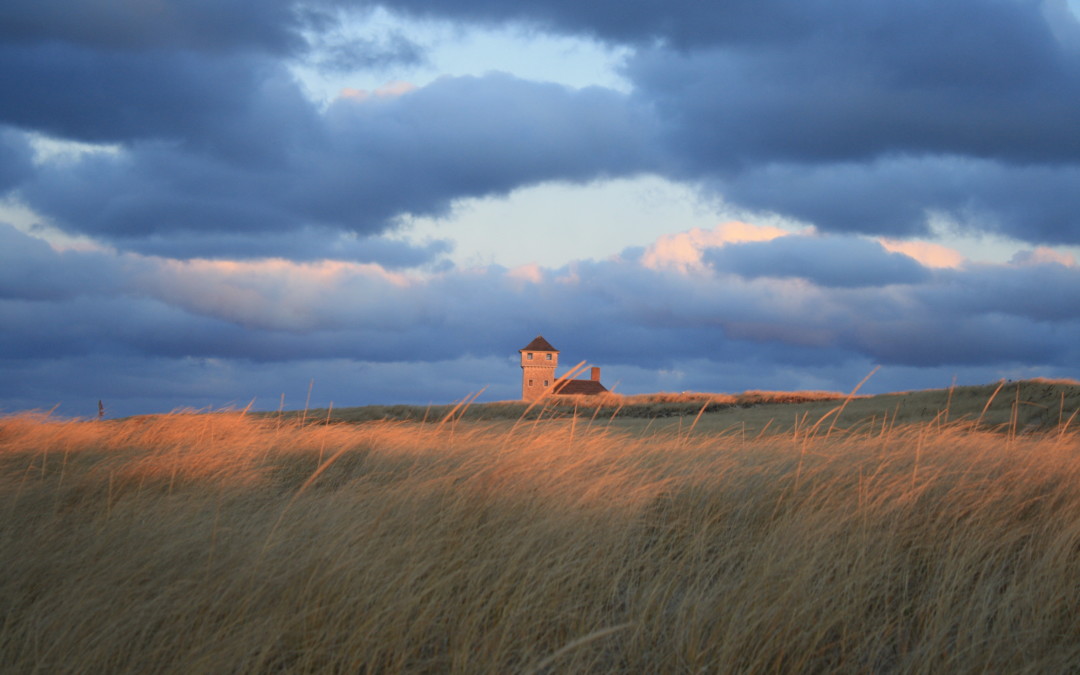
The State of Maine
I wrote this short story about twenty years ago after hearing an old folk tale retold by Jerry Bell. I took the gist of the story and remade it as a story set in a prison in Maine to retell myself as a story. Eerily similar to The Shawshank Redemption—though Hollywood is not knocking down my door. At any rate, I like it as a good story for Halloween. If you like understated creepiness, this is for you.
Happy Halloween…
“Your Honor:
It was down mid coast Maine where this all occurred. A long way still from Boston where I am telling you this story. I was there in Stonington, in the state prison serving five years for the thieving and scuttling of a pair of dory’s belonging to the Bainbridge brothers—a no good pair who’d been hauling and stealing lobster from my own traps…and many another I suspect. I’m a decent, honest man. I owned up to everything I done. I didn’t want a lawyer so I didn’t even take me a lawyer. I thought they would see right for right, but it didn’t work out that way. Hit my family hard to lose me for so long…but that has stories of it’s own and nothing to do with the queer thing I was privy to as the cellmate of a certain Enoch Jones, sentenced to life in that hard place for the alleged murder of his entire family…his wife, his wife’s parents and five young children. Enoch always denied anything to do with that horrible and sensational crime…and we believed him…not that it is much solace to a lifer. I’d hear him some nights writhing and a turning in his bunk: “No,no,no…my babies…my babies.” Other times he’d sit and stare, tears just streaming down his face. Not the angry tears a lot of us shed just for being holed up in that hell of a prison. No, he was touched in a special way that even the meanest john doe in there couldn’t take to him unkindly. All the injustice in the world was wrapped up in that poor man…so much so that I know I wasn’t the only one who would very gladly trade places with him if it meant he could get out of that prison and lay some flowers on the grave of his family, and maybe, with God’s grace, find a little peace in his tortured world.
True fact is that a lot of people die in prison. Some that been incarcerated for so long, and out of touch with their kin for so long, that their death goes pretty much unnoticed. Those poor souls get buried in a field just north of the prison, carted out the west gate in Homer’s horse drawn wagon. Homer runs the carpentry shop. We prisoners all build things and they sell them in the Prison store right there on Route One. Mostly white pine furniture…some ship models too. Warden says it buys us turkey dinners on thanksgiving and clove ham on Christmas…cigarettes and stuff. Mostly it’s a way for us to kill some time, time being the biggest enemy of any prisoner. They say Homer had been there for fifty years or more, and that he didn’t have no other place to go. At least the State of Maine give him a roof, meals and a little something to do. At any rate, when one of them inmates died, they’d toll the prison bell in a slow mournful way for a good ten minutes or so. About the only tribute most of them ever got in their lives. That would be the signal for Homer to get a coffin built. He’d never have one ready beforehand—saying that it gives the dead man a little dignity to have his final resting place be custom made. Them coffins were nothing fancy but they were solid built out of the clearest pine we had in stock. Homer and Enoch had a real bond. They were an odd couple: the rich white businessman from Portland town and old Homer, growed up he said somewhere down south, but now so Maine he looked forward to the brutal winters, the smell of woodsmoke mixing in the stench from the processing plant. Everyone felt for Enoch, even so far as the guards and the warden himself. No one gave it much thought how much time Enoch spent in Homer’s shop. Doubt anybody would figure that Homer would be behind the first prison break in Stonington since the last war.
It wasn’t like there was a lot of dying going on in that Stonington prison, but in early November of 1972 Joshua Corkin come down with a truly severe pneumonia. Enoch spent a lot of time caring for Joshua, reading to him long poems and even longer praying with him from an old hymnal of Homer’s. One night Enoch sat on my bunk and very forthright told me the plan that he and Homer and Joshua had worked out. He said he owed me the truth for all the years I stood by him. And now that Joshua Corkin was so near to dying, it was time to make his escape from that hell in Stonington Maine. It was only then that I realized how desperate Enoch was to get out of prison. He said a wrong still had to be made right. That there was a man out there who had brutally slaughtered his family and that justice needed to be served. He said that Joshua laughed to think that they would be bunkmates for a while.
They all conspired to seal their fates on the evening that Joshua died. It worked like this: When Joshua died old Homer would retire to the shop and build for Joshua that custom coffin he so deserved but, maybe, given the circumstances, slightly larger. Enoch had the run of the place more than any man before or since, so it wouldn’t seem too peculiar for Enoch to give his friend Homer a hand in building the coffin. Before Joshua’s body was to be hauled away Enoch would sneak into the shop, climb into that coffin and find a space sidled up next to poor dead Joshua. Homer had rigged up a latch so that Enoch could lock the lid from the inside also. Homer would then haul the coffin up to the graveyard to be buried. After a few terse comments from the local parish priest Homer would fill in the grave and return to the prison like he done so many times before. The warden would never bat an eye when Homer asked to go out a few hours later and set a stone on the grave: Homer would carve it out of a foot square of granite: just a name and number—and the day that Joshua was born and died. It was then that Homer would dig Enoch free and set him on his way, with not a soul (aside from Homer and myself) knowing how he made his escape.
Well, that very next evening, just before dinner the mournful bells began their tolling and all of us in that prison in Stonington Maine bowed our heads in personal prayer for the soul of Joshua Corkin. Only a man in prison, deserted by family, and never at peace with God, knows the true horror of lonely, senseless death. I felt bad for Joshua but I also felt that he was dying a hero of some sort. I saw Enoch talking to the chief guard… then he winked at me. Last time I saw Enoch he was heading across the yard towards Homer’s carpentry shop. Best I can figure, and it haunts me some to think about it, is that everything happened this way: Must have been when Enoch got to the shop the coffin was already set to go. He must have heard the priest, the warden and Homer coming across the yard towards the shop. Enoch must have climbed into that coffin pretty quickly. It wasn’t as big, I imagine, as he hoped it would be. Air would be scarce during the next few hours and a little extra space would buy a little extra time. It wasn’t long before the horses snuffed and stammered and pulled out of the prison gate and made their way to the graveyard. The priest would never say much before the shoveling in would begin. I reckon Enoch was happy that the service was as short as it was.
It must have been a God awful quiet down there. I’m sure the dead don’t make for pleasant company. Time just crawling by and the stench of a corpse beginning to decay. I suppose at some point Enoch risked losing a little air for a look at his pocket watch. I try not to think of Enoch in that dark chamber, in the last flickering and dying light of his matchstick, gasping uncertainly for what little air was left, staring with a certain horror into the face of his old friend and would be savior, Homer.
I didn’t discover anything until mid the following day when I saw Louis, the stone mason, wrestling a block of granite into the Wagon. Simply said: “Homer, a friend to many.” I put it all together from there.
The State of Maine spent a long time trying to find Enoch. The warden said he felt betrayed and took it out a bit on us. Joshua died the very next day. I went and said a prayer with him just before he passed. I told him to hold on, that Enoch and Homer were on their way over.
Memories are long and truth, I guess, should always be told. I’m a good and decent man and so got my parole at my first hearing. On the first dark and moonless night I dug up Enoch and took him and buried him alongside his wife and children; I cut the turf so neat clean and replaced it so tight that no one ever knew. Then I scattered the prettiest flowers the world has ever seen. I also took care of Enoch’s business for him. I was his cellmate for over three years. I knew where to find the bastard. It is strange how you can take a life and not feel a thing. Enoch’s nightmares were always a torture to me.
But no more.”


Recent Comments